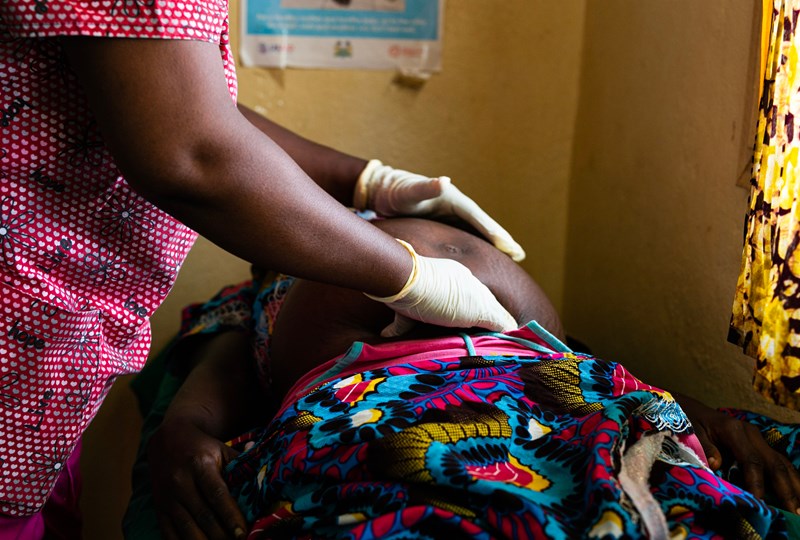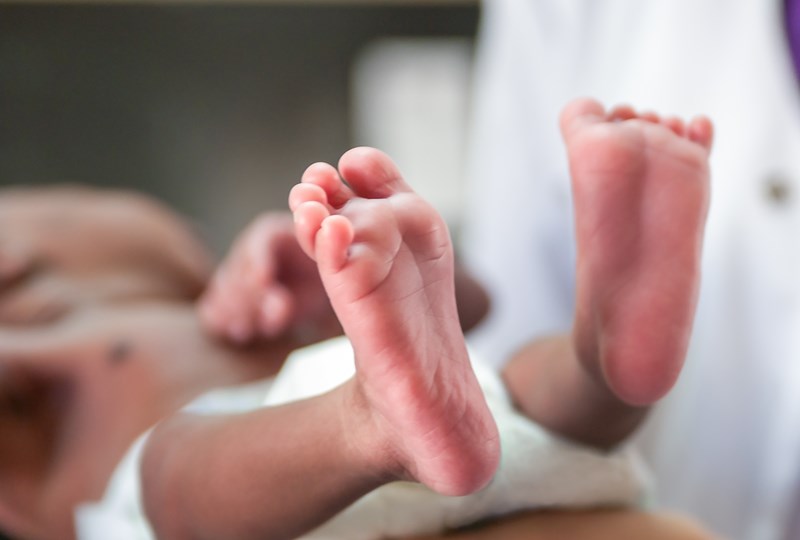
Our collective goal is to strengthen midwifery associations and advance the profession of midwifery and promote autonomous midwives as the most appropriate caregivers for childbearing women, in order to enhance the reproductive health of women, their newborns, and their families. To strengthen our message we have had great impact and influence in our research, reports and learning resources for midwives.
Take a look at the resources we have had influence:
The State of the World’s Midwifery (SoWMy) 2021 builds on previous reports in the SoWMy series and represents an unprecedented effort to document the whole world’s Sexual, Reproductive, Maternal, Newborn and Adolescent Health (SRMNAH) workforce, with a particular focus on midwives. It calls for urgent investment in midwives to enable them to fulfil their potential to contribute towards UHC and the SDG agenda.
The Midwifery Assessment Tool for Education (MATE) was commissioned by the WHO Regional Office for Europe technical programme Human Resources for Health, Division of Health Systems and Public Health.
The tool aims to support Member States wishing to develop midwifery education to strengthen the midwifery and nursing workforce across Europe and thereby accelerate progress in implementing the European strategic directions for strengthening nursing and midwifery towards 2020 goals.
Biennial meeting of Government Chief Nursing and Midwifery Focal Points, European Forum of National Nursing & Midwifery Associations and WHO Collaborating Centres in the WHO European Region. Meeting Report, 24–25 March 2021.
Download here.
The Lancet Series on Midwifery was a landmark series of publications dedicated to providing the ‘evidence for midwifery as a vital solution to the challenges of providing high quality maternal and newborn care for all women and babies in all countries’.
The Global Library or Women’s Medicine and Healthcare is the educational platform for the International Federation of Gynaecology and Obstetrics (FIGO). The library contains expert chapters on issues in women’s medicine, textbooks, film tutorials and skills for safer motherhood, masterclass lectures and resources around women’s rights, health and empowerment.
Download here.
The World Health Organisation (WHO) have developed Every Newborn: An Action Plan to End Preventable Deaths, which envisions a world where 'there are no preventable deaths of newborns or stillbirths, where every pregnancy is wanted, every birth is celebrated, and women, babies and children survive, thrive and reach their full potential'. Their Every Newborn Toolkit provides resources and analytical tools to help support advocacy and involvement.
The Every Newborn 2018 annual report, Reaching Every Newborn National 2020 Milestones, provides an up-to-date account of country progress reported by the 75 countries and territories who use the Every Newborn Tracking Tool. The report provides an in-depth look at progress towards the eight Every Newborn Milestones, identifying common areas of progress and challenges. The results show overall improvement across all national milestones, demonstrating country-level commitment to achieving the milestones in the Every Newborn Action Plan.
PLOS (Public Library of Science) is a non-profit publisher and advocacy organisation. The PLOS Collections collate content from across the PLOS journals.
Since 2011, the collaboration between the Maternal Health Task Force (MHTF) at Harvard School of Public Health and PLOS Medicine has created a freely available open-access collection of research and commentary on maternal health. The three yearly collections bring together policy forums and research articles. The Year 1 theme was ‘quality of maternal health care’, Year 2 was ‘maternal health is women’s health’, and Year 3 ‘integrating health care to meet the needs of the mother-infant pair’.
The Maternal Health Task Force from the Harvard School of Public Health works to eliminate preventable maternal mortality and morbidity worldwide. The Global Maternal Health News feed compiles recent updates from journals, news outlets and global health websites. The Statistics Resources page provides a variety of sources for maternal health related statistics. The e-Learning Courses page collates a range of e-learning tools relating to maternal health, including family planning, managing postpartum haemorrhage and danger signs in pregnancy.
The Global Health e-Learning Center (GHeL) was developed by USAID (United States Agency for International Development) to provide worldwide health workers with access to global health information. GHeL provides free e-learning courses on topics such as antenatal care, cervical cancer prevention and family planning counselling, and certificates on topics such as child survival, family planning and reproductive health, and gender and health.
The World Health Organisation Strategies toward Ending Preventable Maternal Mortality provides a strategic framework for policy and programme planning to achieve Maternal Mortality Rate (MMR) targets. The report sets targets for MMR reduction at a global and country level and elaborates on the five strategic objectives to guide programme planning for ending preventable maternal mortality.
The Global Library or Women’s Medicine and Healthcare is the educational platform for the International Federation of Gynaecology and Obstetrics (FIGO). The library contains expert chapters on issues in women’s medicine, textbooks, film tutorials and skills for safer motherhood, masterclass lectures and resources around women’s rights, health and empowerment.
Learning resources and projects for international maternity work

International i-learn module
Learn more
Mentorship in Uganda
Learn more
The twinning project
Learn more